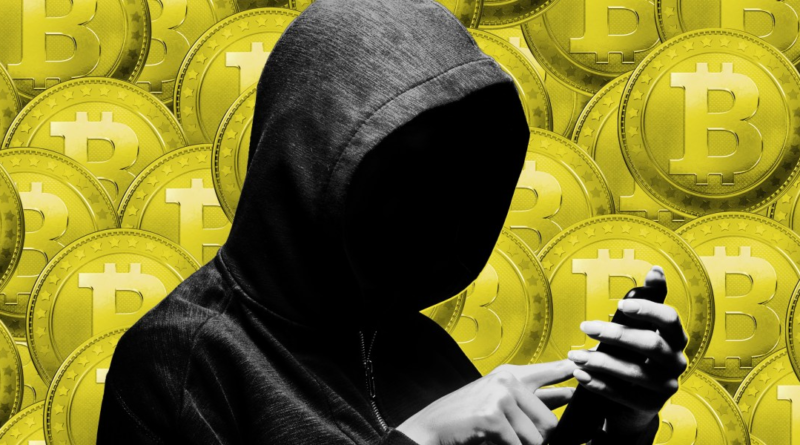Leading crypto wallet MetaMask rolls out real-time security alerts after ‘really encouraging’ trial
The popular self-custodial crypto wallet, MetaMask, announced on Monday it is launching by-default security features for mobile app and extension users, who will receive alerts for potentially malicious transactions.
The features come as hacking remains endemic in crypto, with users losing $1.7 billion to theft last year alone, according to Chainanalysis. Meanwhile, retail crypto adoption is growing. While it isn’t clear precisely how many are new versus returning users, MetaMask’s monthly active users grew by nearly 60% from September 2023 to January 2024, from 19 million to over 30 million, almost matching the all-time highs seen during the 2022 bull market.
MetaMask hopes that educating users about threats in real time will help reduce illicit transactions, ease concerns for new crypto users, and promote adoption, the company said.
“The more people who are not technically savvy coming in, the more our security has to just be impeccable,” cofounder Dan Finlay told Fortune.
MetaMask partnered with Tel Aviv–based Blockaid, a Web3 security provider, to develop the alerts. Last year, Blockaid announced that it raised a $33 million Series A. Its security solution involves scanning blockchains for wallets held by bad actors and then warning customers not to transact with them.
Make sure you have the latest web3 security on @metamask
👇
In your browser extension go to settings –> Experimental –> and turn on Blockaid Security Alerts pic.twitter.com/wDjQjOk4LF— Blockaid (@blockaid_) November 8, 2023
The security alerts were first introduced at the end of last month on the Ethereum Mainnet via an extension but are now available for mobile and extension users on the following networks: Linea, BNB Chain, Polygon, Arbitrum, Optimism, and Avalanche.
Typically, security alerts on Web3 wallets share users’ transaction data with a third party for validation. However, MetaMask will run a simulation of every transaction locally on the user’s machine without the need to share every transaction and signature request with external vendors, ultimately protecting the data of its users.
One concern has been issuing false positives, Finlay said. “People can get pretty freaked out about false positives, but the goal is that we find the sweet spot,” he added.
The alerts don’t yet provide context about why a transaction immediately appears suspicious, but the team hopes that utilizing AI can help the system evolve, automatically articulating why something is dangerous. Making blockchains safer will be a long road.
“The truth is, there’s still a lot of risk using these tools. These blockchains—anyone can write programs on them,” Finlay noted.
Malicious activity has been a real problem for the Web3 ecosystem and slowed opportunities of wider adoption, Ido Ben-Natan, Blockaid’s cofounder and CEO, said in a statement, but added that results from the beta phase have been “really encouraging” so far.




